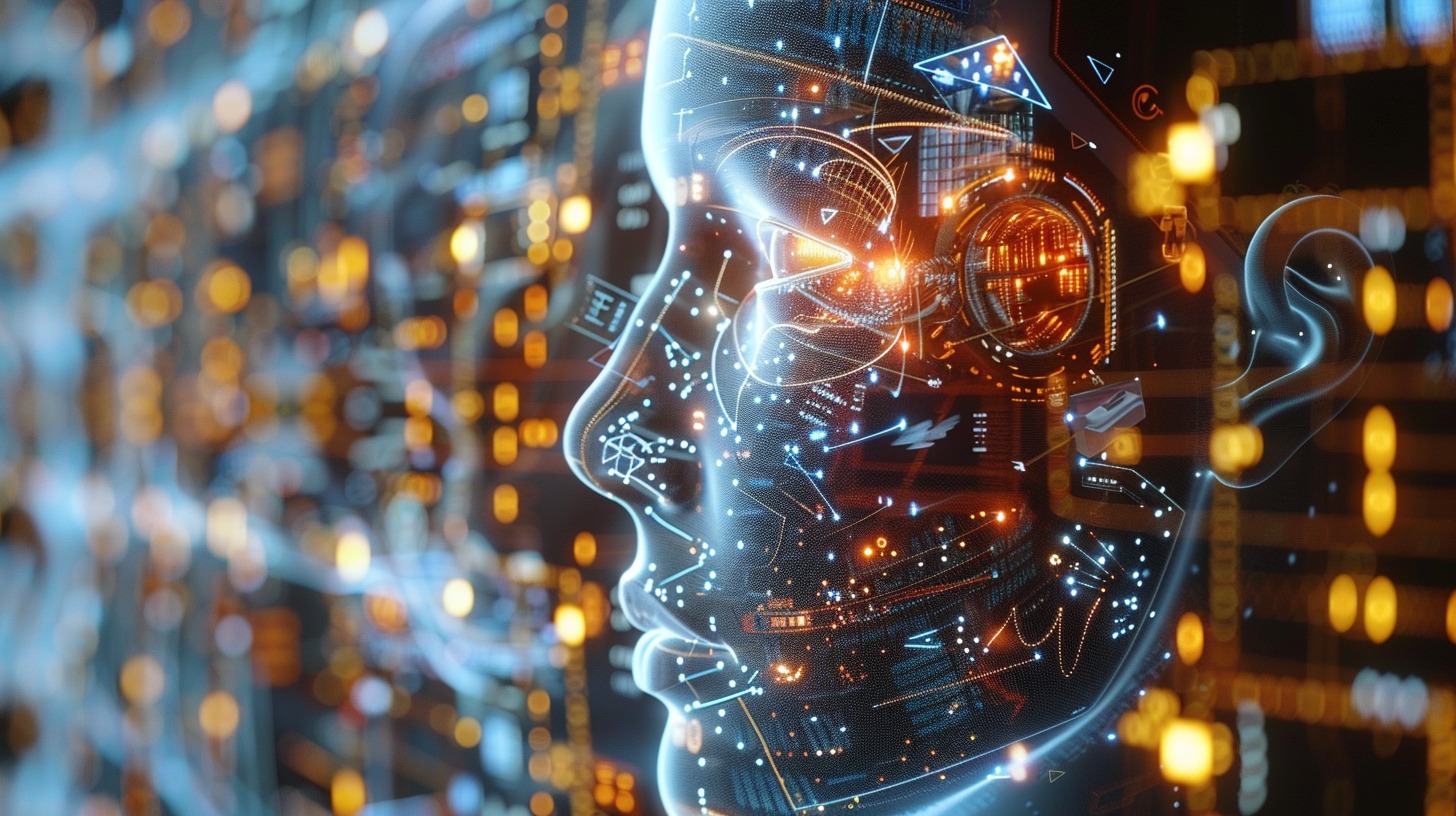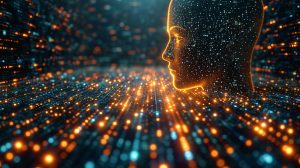
How Artificial Intelligence has evolved over the years
Artificial Intelligence (AI) has evolved tremendously, transforming from a conceptual notion to a pivotal force in today’s technological revolution. The journey of AI is a captivating story of innovation, challenges, and transformation.
Earlier confined to the domain of science fiction, AI now permeates various aspects of our lives, reshaping industries and expanding the boundaries of possibility with unblocked ChatGPT. In this article, we delve into the evolution of AI, charting its progress from theoretical foundations to practical applications that impact our daily lives.
Early concepts and theories
The origins of AI can be traced back to the mid-20th century. This era marks the birth of AI, rooted in the groundbreaking work of mathematicians and philosophers who explored the potential for machines to emulate human intelligence. The 1950s saw the creation of the first AI programs, which could play checkers and solve algebra problems.
A landmark event was the Dartmouth Conference in 1956, where the word “Artificial Intelligence” was officially introduced, establishing AI as a distinct academic discipline. This foundational period, addressing the question of who invented artificial intelligence, laid down theoretical and conceptual frameworks that paved the way for future advancements in the field, and we got to AI chat.
Expansion and experimentation
The 1960s and 70s, often considered the golden years of AI, saw substantial funding, enthusiasm, and pioneering research, resulting in foundational algorithms and techniques. Key achievements included breakthroughs in natural language processing, problem-solving, and early neural networks. However, this era also experienced the first AI winter due to unmet, overly optimistic predictions.
Challenges and setbacks
The late 1970s and early 1980s marked the first AI winter, characterized by skepticism, reduced funding, and disillusionment. Early AI systems were costly, limited, and inefficient, prompting a re-evaluation of AI research and setting the stage for future advancements.
Rise of Machine Learning
The 1990s were crucial for AI, marked by advancements in machine learning, sophisticated algorithms, better computational power, and abundant data. This era, especially with the rise of deep learning, enabled AI systems to self-improve and make decisions with minimal human input, setting the stage for modern AI developments.
AI in everyday life
In the 21st century, AI has integrated into daily life, offering personalized recommendations and virtual assistants. Its advancements span healthcare, finance, and autonomous vehicles, and its synergy with IoT and big data has amplified its impact, making it a cornerstone of modern technology.

Breakthroughs in natural language processing
TAI advancements in natural language processing (NLP) have improved the understanding, interpretation, and generation of human language. This is evident in chatbots, translation, and voice assistants, enhancing user interactions and enabling new possibilities in sentiment analysis and content creation. NLP is transforming human-machine communication.
A Paradigm Shift
AI’s integration into healthcare has transformed the industry. From diagnostic tools that detect diseases with unprecedented accuracy to AI-driven personalized treatment plans, the impact is significant. AI algorithms swiftly analyze medical data, aiding in early disease detection and offering insights previously beyond our reach. This advancement not only enhances patient care but also streamlines healthcare operations, making the system more efficient and cost-effective.
Ethical considerations
As AI becomes more integrated into community, ethical considerations and management have emerged as critical aspects. Topics such as data solitude, algorithmic bias, and AI’s impact on employment are at the forefront of discussions. The advancement of AI necessitates the simultaneous development of ethical guidelines and regulatory frameworks to ensure its responsible and beneficial use. This era places a growing emphasis on transparent, fair, and accountable AI systems.
The fusion of AI with other technologies
AI’s integration with blockchain, IoT, and quantum computing is amplifying its impact, creating synergies that enhance capabilities and drive new innovations.
THE FUTURE OF AI: UNCHARTED TERRITORIES
The future of AI is both exciting and uncertain, with trends like explainable AI, AI in space exploration, and AI-enhanced human cognition. As AI evolves, it will unlock new potentials, challenge current paradigms, and drive technological and societal transformations.


